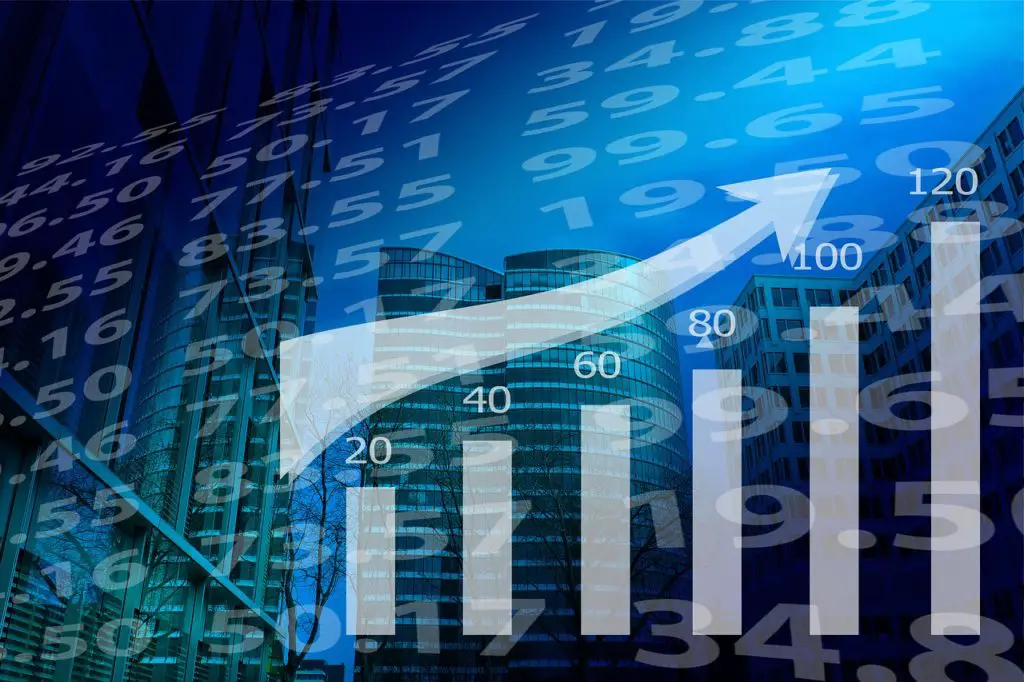Buying back shares by a company has its pros and cons. In this article, we will discuss the advantages and disadvantages of buyback of shares. But before we start, what really is share buyback? Why would a company buy back its shares? Share buyback is also known as repurchased shares, reacquired stocks, treasury stocks, treasury shares, or common repurchased stocks. Buyback of shares entails the process in which a company repurchased its own outstanding shares after the shares are issued.
What is share buyback?
Share buybacks are a common practice in which a company buys back its own shares from the public. The purpose is to increase the number of shares outstanding, which tends to make the stock more appealing to potential investors and increase the value of the company.

Why do companies buyback shares?
There are a number of reasons why companies might buy back shares. One reason is to increase shareholder value. This can be done by reducing the number of outstanding shares, which makes the company more valuable in the open market. Buying back shares also creates earnings per share (EPS) and cash flow benefits, as well as increases the price of the stock.
Advantages and disadvantages of buyback of shares
Buying back shares is a common corporate decision-making process. Usually, when a company’s stock price falls, the directors decide to buy back shares to support the company’s share price. However, there are also disadvantages to buyback of shares. In this article, we will discuss both advantages and disadvantages of buyback of shares.
Advantages of Buyback of Shares
There are a few advantages to share buybacks over issuing new shares:
- Share buyback reduces flotation costs for a company. Instead of having to reissue new shares that come with flotation costs, companies can buyback their shares, especially when the stock price is low, and then resell them when the firm needs cash.
- Buying of shares by a company may occur because the company thinks its stocks are undervalued. Reducing the outstanding shares would help drive up the earnings per share.
- Stocks buyback can be used to reduce the number of outstanding shares, which can make voting power more concentrated among shareholders and give them more control over governance decisions. This also prevents a takeover because the available outstanding shares would be reduced and prevents any investor from taking over the controlling interest.
- Stocks repurchase can help boost morale and drive Shareholder Value Creation (SVC).
- Companies buyback shares in order to use the shares as part of stock options for employees. The company can reward or compensate its employees with the stocks that are repurchased.
- Buying back stocks reduces the number of dividends that a company has to pay.
Disadvantages of Buyback of Shares
On the other hand, buybacks can also be harmful to the company as well as to shareholders.
- The main disadvantage of buyback of shares to shareholders occurs when the company does not have enough money to repurchase the number of shares needed to achieve its goal (which may be to increase the value of the stock price).
- Another disadvantage to stock buybacks is that buying back shares can lead to a decrease in liquidity, as the stock becomes more difficult to sell.
- Additionally, repurchasing shares can have an impact on the overall share count, which could make it more difficult for a company to meet certain regulatory requirements.
- Lastly, some shareholders may view buybacks as a sign that management is not confident in the company’s future prospects, which could hurt share prices.
- Share repurchase reduces the available money that a company would have used to invest or put into acquiring new equipment, machine, or any operation that would have improved the ROI of the company.
- One of the disadvantages of buyback of shares is that it can send the wrong signal to investors because if they perceive that the company does not know what to do with available funds other than buying back its shares, such investors may dump the shares and the share prices may fall; a situation which no company would want.
- A company may lose money while buying back shares, especially when the reason for buying is to resell at a later date. Such a later date may mean the company selling lower than it bought because there may be a need for cash which may force the company to resell the treasury stocks at a time when the share prices are not favorable.
Buyback of shares is an effective way to increase company value and improve shareholder returns. However, there are also several advantages and disadvantages to this practice. It is good for a company to weigh the benefits it will get from repurchasing stocks before making the move.
FAQs
Is it good to sell shares in buyback?
On the positive side, selling shares in a buyback program can help the investor receive a higher price for the shares. This is because the market value of the stock will be higher than if the shares had not been bought back. The downside is that you may miss out on future earnings if the company does well.
What are the tax implications of selling shares in a buyback program?
As a shareholder, there are tax implications to selling shares in a buyback program. The share sold must be reported as taxable income on the owner’s annual tax return. The proceeds from the sale will also be subject to federal and state income taxes, depending on the owner’s marginal rate.
Nansel is a serial entrepreneur and financial expert with 7+ years as a business analyst. He has a liking for marketing which he regards as an important part of business success.
He lives in Plateau State, Nigeria with his wife, Joyce, and daughter, Anael.
